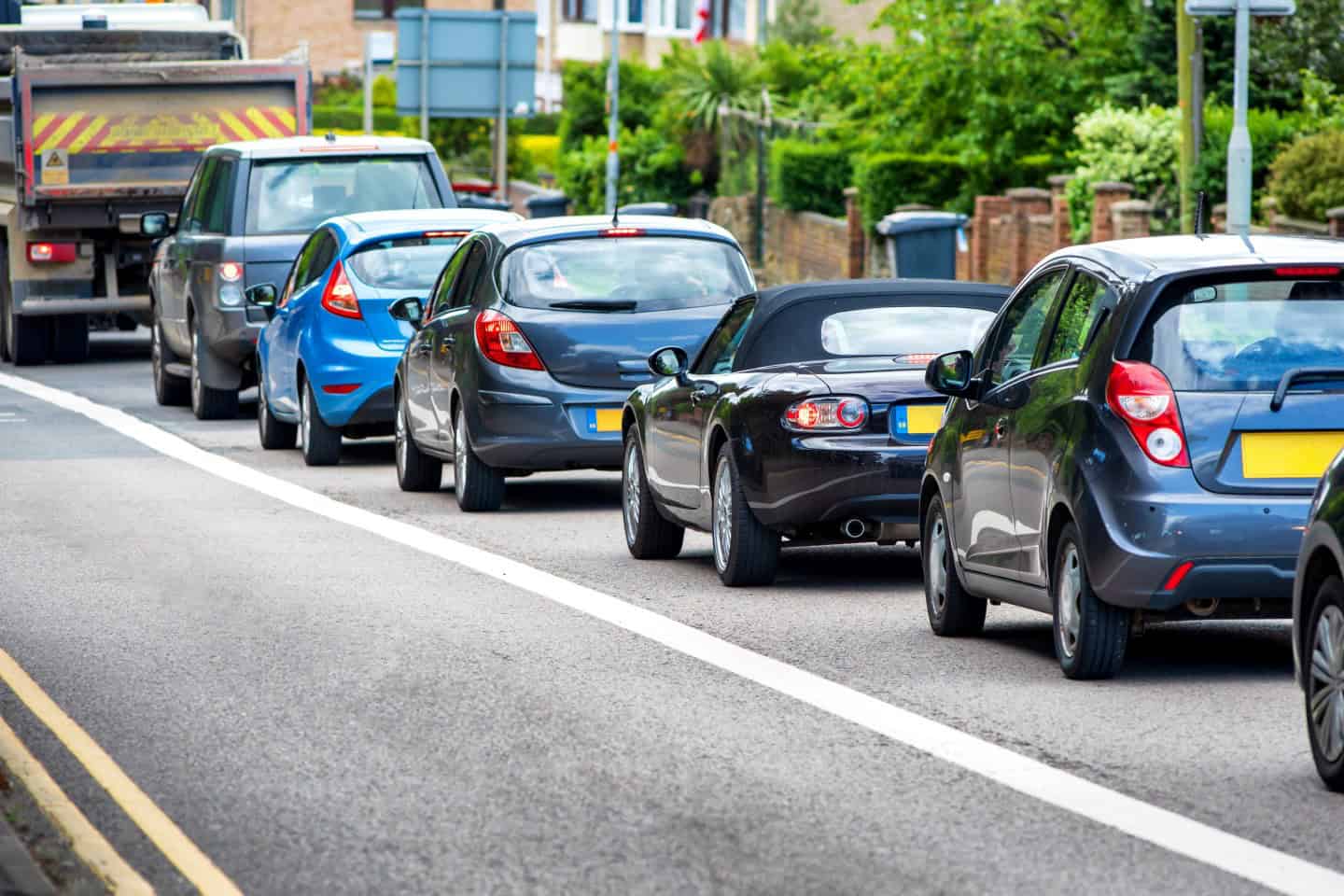
Challenges to improving road safety – our view from the recent PACTS lecture
A lack of ‘big’ data and gender disparities – these were two key challenges facing road safety identified at the recent PACTS (Parliament Advisory Council for Transport Safety) Westminster Lecture on Transport Safety, delivered by Professor Tim Nutbeam.
PACTS has been advising both Houses in Parliament for over 40 years on transport safety and we have been working with them since 2022, when we collaborated on our campaign for the regulation of private e-scooters in England and Wales. This campaign culminated in a stakeholder event attended by PACTS, the Met Police, the Association of British Insurers and the Motor Insurers Bureau. During this event, views were exchanged on how to best prioritise safety on our streets in light of the proliferation of private e-scooters. We are proud to have worked with PACTS since then.
Every day in the UK, five people lose their lives and 82 people are seriously injured on our roads and there has been little change in these numbers in the last decade. That is why the work PACTS are doing is so important and the latest lecture shined a spotlight on a number of important issues.
Professor Tim Nutbeam is a consultant in Emergency Medicine and Prehospital Emergency Medicine and has done a great deal of work on the immediate phases of care following a motor vehicle collision and how outcomes for patients can be optimised. During his lecture the professor discussed his work at IMPACT – the centre for post-collision research, innovation and transformation and the EXIT Project, which is funded by the Road Safety Trust.
The EXIT Project challenges the current status quo of using time-consuming methods to remove people who are stuck in their vehicles following a road traffic accident. Historically people trapped in cars are often cut free. However, this takes time, and new evidence suggests that this may not always be the safest approach.
You can find out more about the project on the IMPACT website or through this video produced by the IMPACT project and the Road Safety Trust.
Gender inequality in post-collision care
Another important issue raised during the lecture was the gender disparities related to road traffic collisions.
IMPACT conducted research that found women are more likely to be trapped in vehicles and the injuries sustained also differ – men more frequently suffer head, face, chest and limb injuries whilst females have more injuries to the pelvis and spine.
Professor Nutbeam highlighted that safety equipment is not designed for women and therefore may be less effective at protecting women during a crash. He referred to the book ‘Invisible Women’ by Caroline Criado Perez that highlighted these inequities.
Criado Perez states that women are 17 per cent more likely to die and 73 per cent more likely to be injured than a man in the same crash. She discussed the possible reasons for this statistic in a podcast with the CEO of the Humanetics Group, one of the world’s leading manufacturers of car crash test dummies. He stated that the majority of tests for new car assessment programmes from around the world are using the man in the driver’s seat.
Since 2022, whilst there has been an increased use of female dummies, it is still not a globally recognised practice and there are still many cars on the road that have not been tested by a female specific crash dummy.
The future for road safety
I was very impressed with the research Professor Nutbeam and his team have been doing but he made it clear there is still a long way to go.
The lack of ‘big’ data and the challenge of accessing this data was highlighted when the professor explained that in order to access data from the coroners office, he had to travel to each individual coroners office and be supervised as he looked at the postmortems to determine precise causes of death following a road traffic collision (RTC). This was an important part of his research and will continue to be so. He is therefore calling for a national process for collating this data. He also explained that for many coroners they put deaths down to ‘multiple injuries’ which does not help identify what the actual cause of death was following a RTC.
Gaining public and political traction is a barrier to many of the campaigns we work on. At Bolt Burdon Kemp we produce our manifesto for injured people that highlights the issues that impact those who are injured, and this includes road safety. It is important that we all keep promoting and talking about the research being done by places like IMPACT, to work to a future where nobody dies or is injured on our roads.










